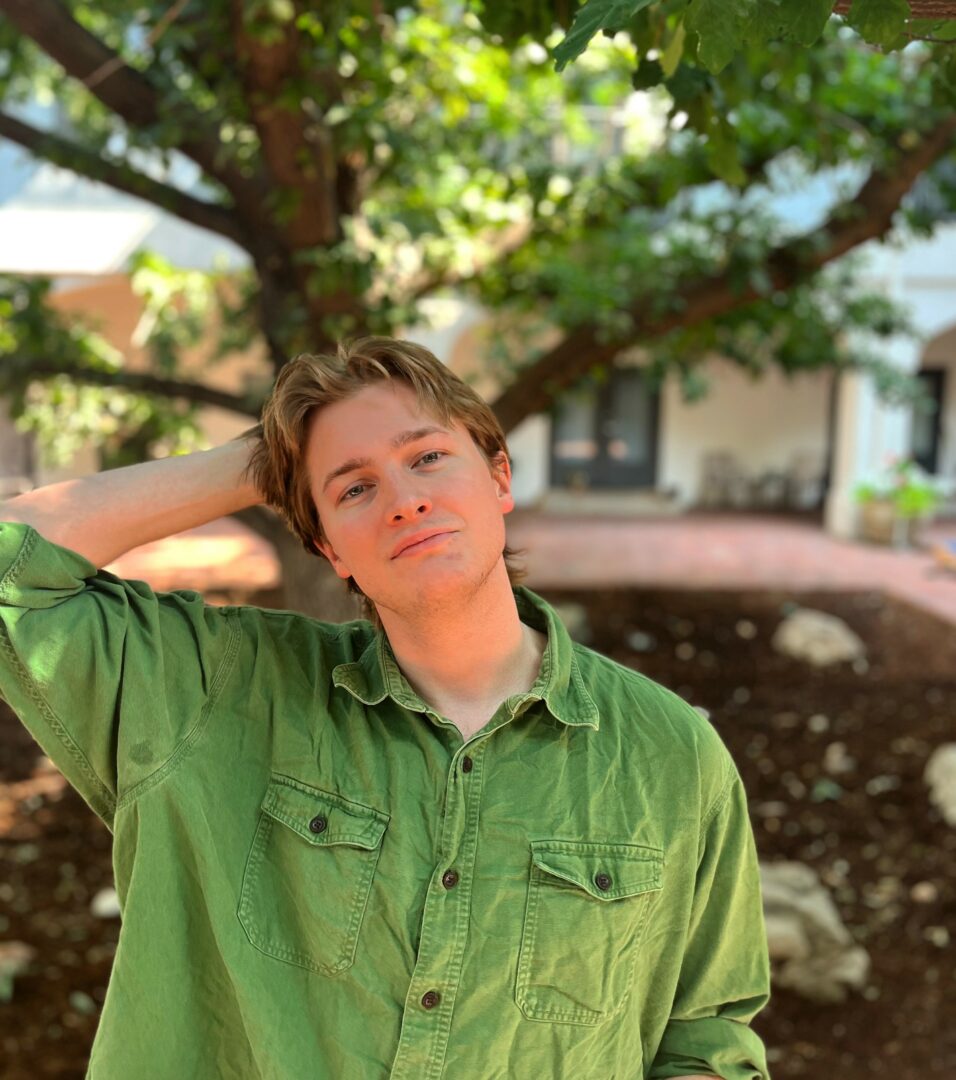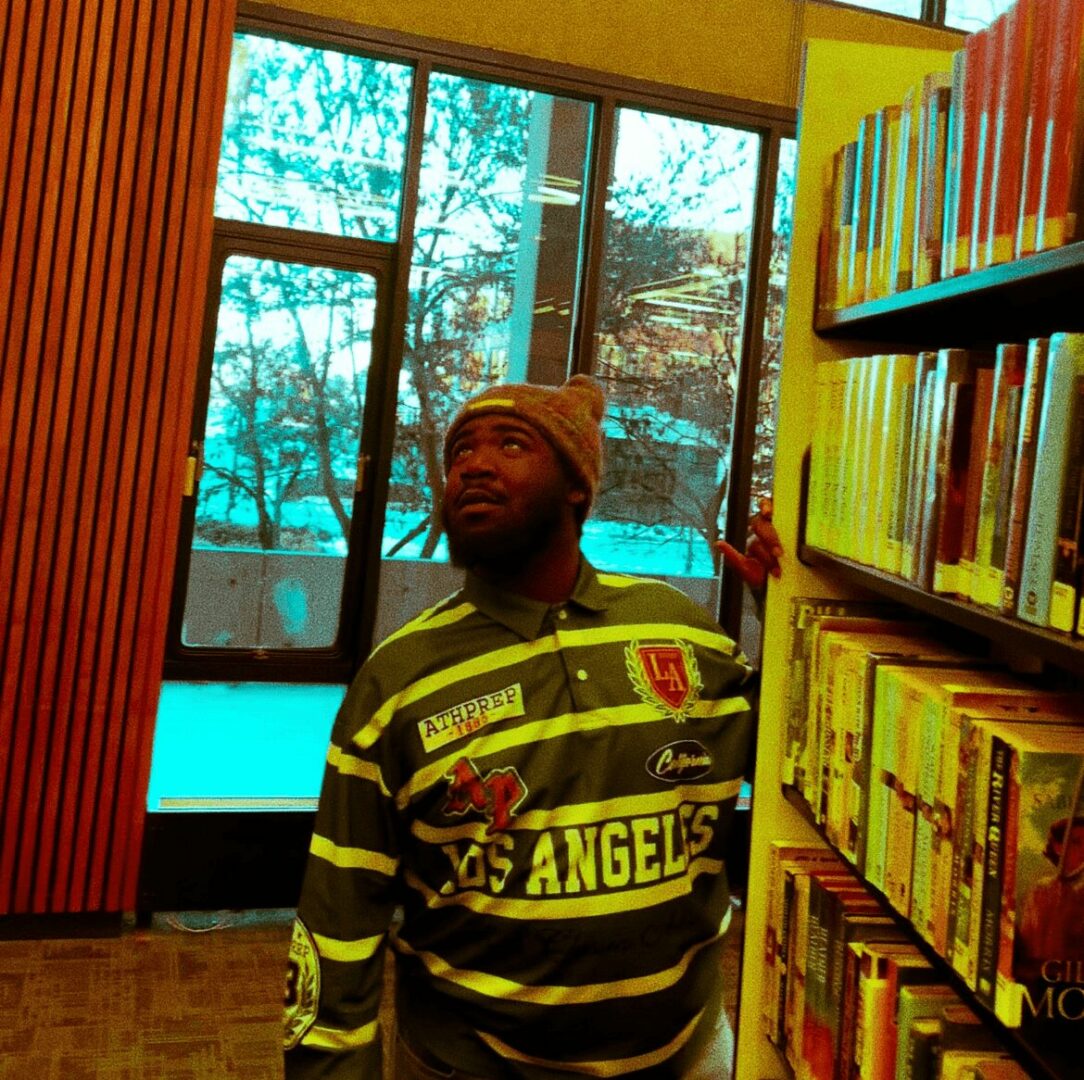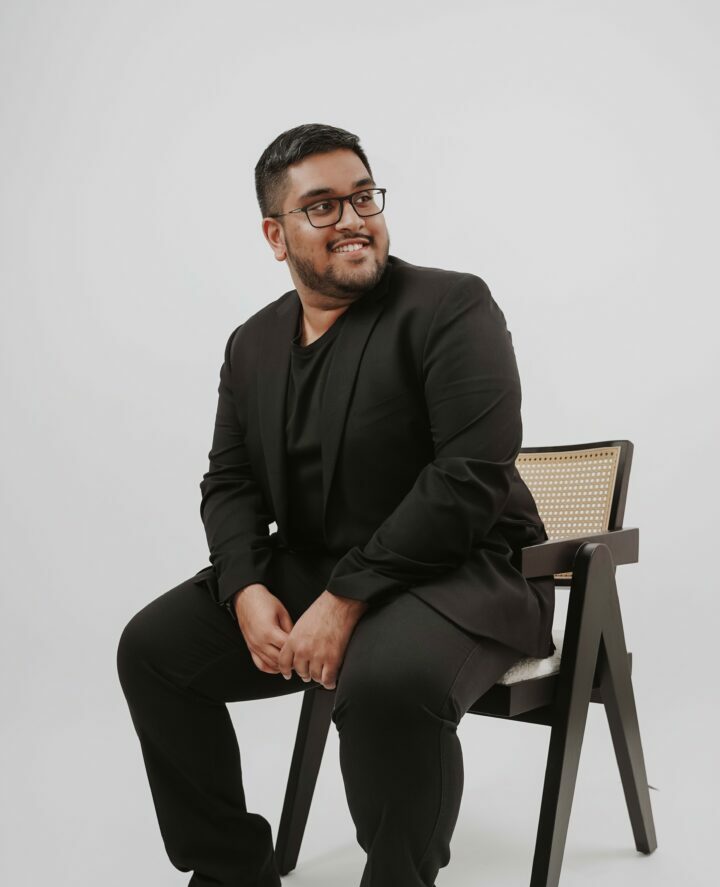We’re excited to introduce you to the always interesting and insightful Aidan Blank. We hope you’ll enjoy our conversation with Aidan below.
Aidan, thank you so much for taking the time to share your lessons learned with us and we’re sure your wisdom will help many. So, one question that comes up often and that we’re hoping you can shed some light on is keeping creativity alive over long stretches – how do you keep your creativity alive?
When I was still studying for my undergrad, I had a conversation with one of the design and tech faculty members of my theatre program. The main focus of our short discussion was how to keep “loving what you do”; a topic I had been struggling with during my time in college and even since. Since theatre is inherently about creation, and I was myself a creator of theatre, I repeatedly felt stumped by my creativity’s inability to stretch further and further from my comfort zone. It only took a pandemic and countless video call script readings to realize what I was doing wrong. To continue to create, even in times of complete creative desolation, you need to have an intense and insatiable hunger for what it is that you do. Enough of a desire and want that you begin to:
“See Theatre Everywhere”
A simple and easy to achieve idea (or so I thought) when it was first presented to me by that faculty member. However, post-grad, the reality of that challenge has set in a bit more. To keep your creativity alive, you must be willing to constantly shift your perspective on how your art/chosen profession fills space in the world while being influenced by it. Seeing theatre everywhere isn’t as simple as buying a ticket every week and heading down to see another golden age musical. It’s more about seeing theatre in the mundane; in the upsetting moments that surround us on a daily basis. How can that be viewed as art? How can the small things, the gross things, the weird little things around us be looked at in a new light to better reinforce the ideas we think we demonstrate in our art?
Seeing theatre everywhere is, to me, an idea demonstrating how if you only consume art in the way you always do or if you only create art in the way you always do, you will eventually grow tired of it. You have to be willing to shape and shift your art to fit into the puzzle piece sized holes left in the world around us. How can the people waiting at the bus stop influence how I would show community on stage? How can the sunlight reflected from the dumpster juice puddle in the alleyway influence how I light a scene? How can the waiter that points with his pinkie instead of his index finger influence the next character I play?
Your creativity will never disappear from you, but you can certainly stunt its growth from time to time if you keep repeatedly forcing it into the same artistic slot. Eventually, your creativity will be so used to performing/creating the exact same thing, that when you do try and challenge yourself with something NEW, you will find your creativity has become much less pliable than you remember it to be.
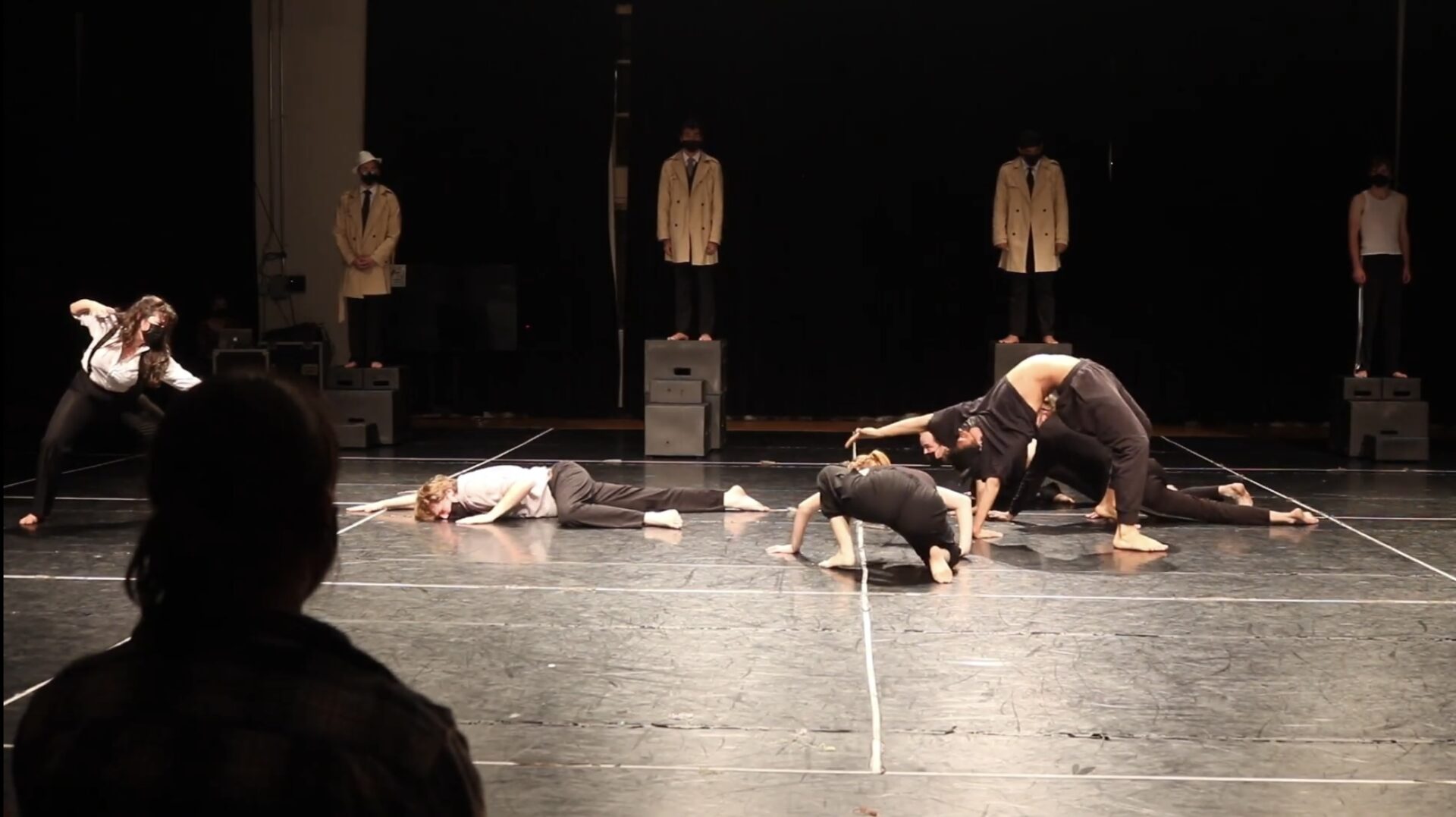
Thanks for sharing that. So, before we get any further into our conversation, can you tell our readers a bit about yourself and what you’re working on?
I am a theatre artist based in Denver, CO that focuses on re-imagining physical theatre through a music-based, physical metaphor heavy lens. I believe in the ability for our bodies to tell much more of a story than we currently use them for in American theatre. Not only for the audience that comes to see a show, but also for the performers themselves. I believe very strongly in the idea that performers can use physical exercises in theatre (even during a performance if applicable) to bring about a more honest, raw emotional performance than if they were to only use mental exercises. Ideas pushed by Tadashi Suzuki, Lorna Marshall, even Lindsay Kemp all influence my work as I believe that actors don’t need to blend their personal traumas or internal struggles with the art they are creating in order for it to be impactful.
Many of the practices we see associated with “intense” or “powerful” acting today usually come with their own bag of issues that the actor must sift through on their own time. Acting techniques like “method acting” (based on Strasberg’s teachings) can sometimes be more harm than help when used in an actor’s toolbox. My work is more influenced by Michael Chekhov and Lorna Marshall; artists that blended this idea of using mental exercises to separate the character and the performer while strengthening the connection an actor has with their body in order to bring about a more physically believable performance. All of which can be achieved without affecting the actor’s mental health in a negative way.
I use this idea when both writing/choreographing my own work as well as when performing in shows! There is always a way for an actor to safely physically connect themself to a show or a character while also providing a fantastic performance with believable choices and intentions. The truly interesting part of physical theatre and physical metaphor is finding what works best for which performers! You can see my movement choreography showcased in ‘Romeo and Juliet’ produced by The Upstart Crow Theatre Co. and performing early 2025!
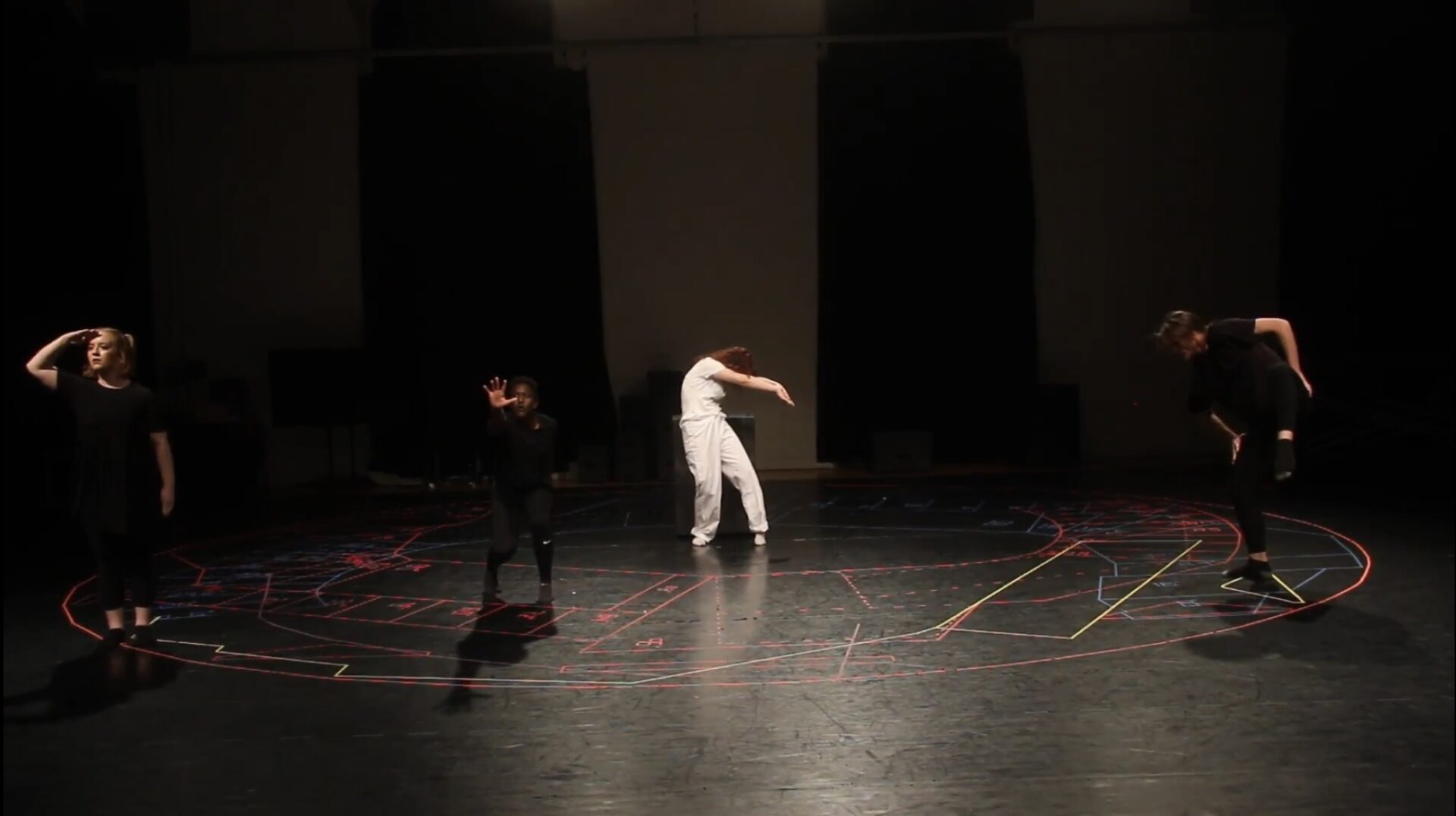
There is so much advice out there about all the different skills and qualities folks need to develop in order to succeed in today’s highly competitive environment and often it can feel overwhelming. So, if we had to break it down to just the three that matter most, which three skills or qualities would you focus on?
As I move forward in my early career, there have been three qualities I’ve tried to consistently enable in myself while I continue to grow. First, you should always be willing to try something new! Whether that’s a new food, a new song, a new acting exercise, or immersing yourself in a new culture and community; you will always find interesting things about yourself when you’re confronted with new and unknown experiences. Second, don’t abandon old practices and experiences simply because you’ve grown older. Things we used to do as children and young adults are typically practices we eschew as grown people; however, I believe much of how we interacted with the world as a child can be useful if reintegrated into an adult routine. Viewing the world with wonder, being excited to not know how something works, having joy when presented with a surprising and new idea or experience. Going back to experiencing the world through the lens of your younger self can help lessen the stresses of how big everything seems from time to time. Third, always try notice one weird thing a day. This one is self explanatory, but I truly believe if you take the time every day to learn one odd fact, see some weird physical movement from a stranger, notice a vocal pattern from the radio announcer, or something of the like; then you are slowly building a treasure trove of interesting things you can put into every piece of art you create.
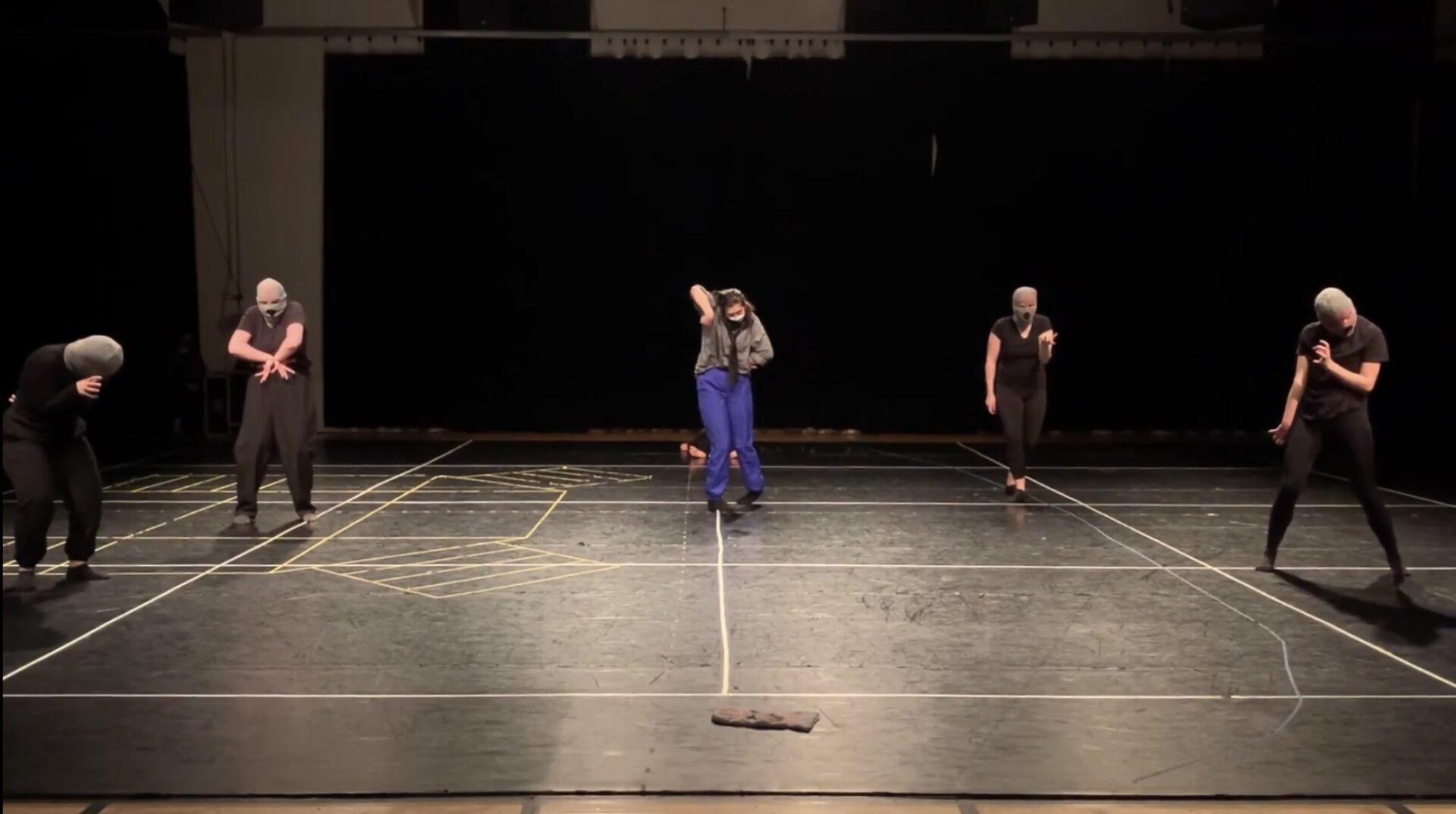
Alright, so before we go we want to ask you to take a moment to reflect and share what you think you would do if you somehow knew you only had a decade of life left?
A particular challenge that I am facing in this moment is: balancing the expectations I have for my art while also allowing myself to produce the art unhindered.
When it comes to my choreography and writing, I can become a bit insanely detail-oriented which makes it harder to zoom out and see the entire picture of the show I’m creating. Truly the double edged sword of having a degree in theatre is that you appreciate the art in a deeper way, but you also have the mental ability to pick it apart into its base identities. I know the best place to exist is right in the middle; where you have the understanding of what outside influences are affecting your art while also still being able to look at it with awe and wonder, not distain and scrutiny.
Contact Info:
- Instagram: @aidan_blank
- Youtube: https://youtu.be/4aHlAd0rsKI
- Other: https://linktr.ee/aidan_blank
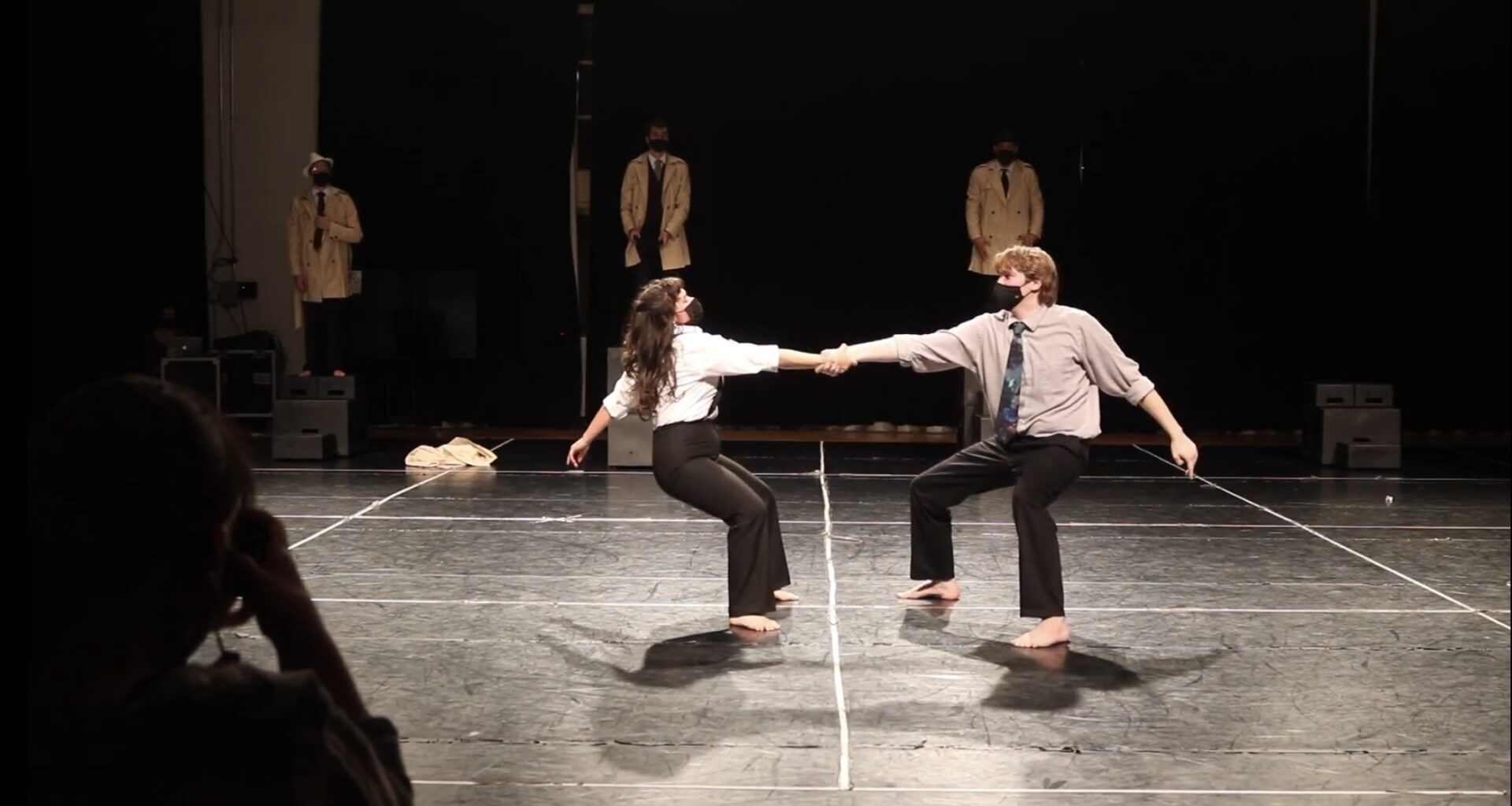
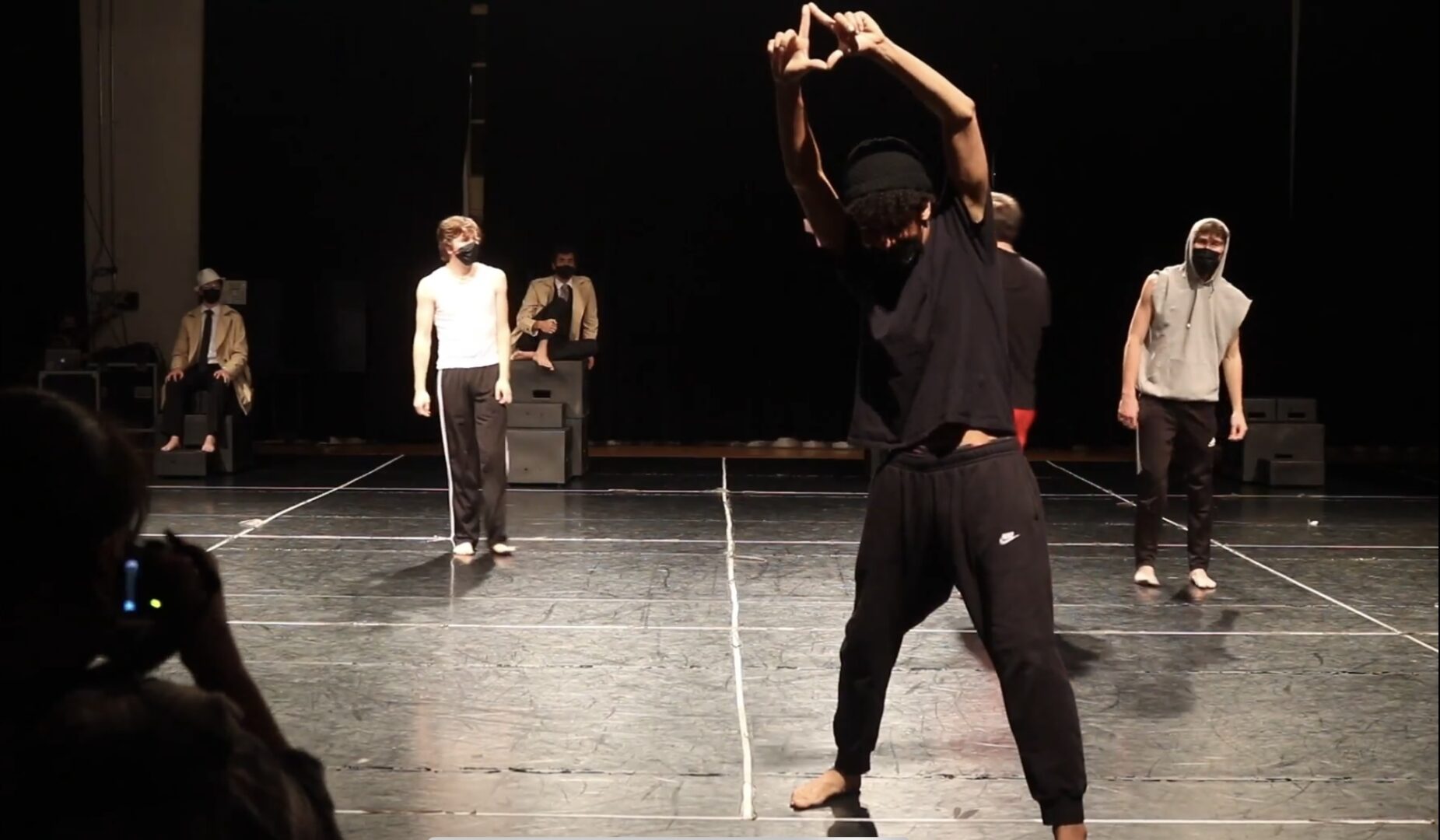
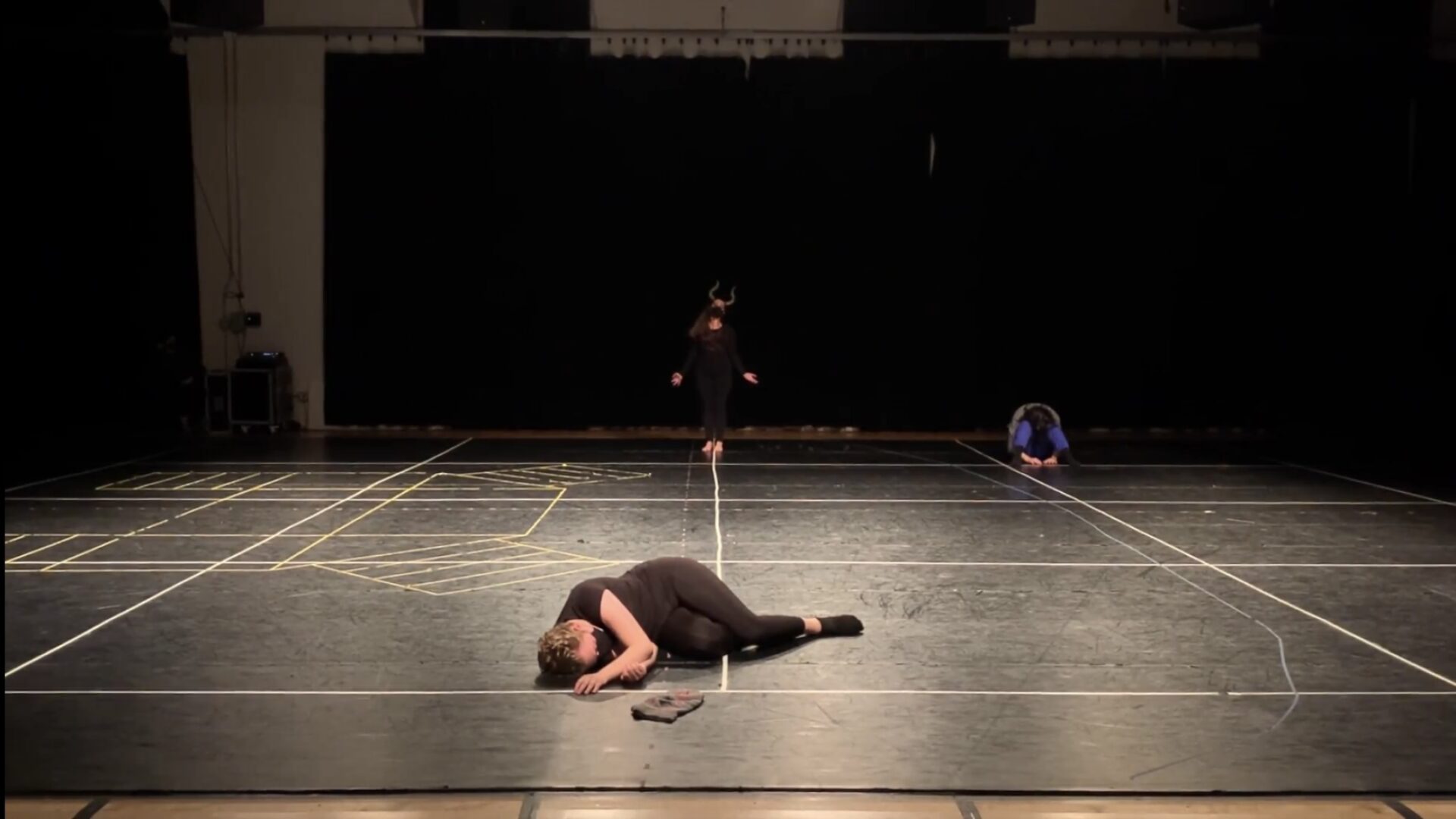
so if you or someone you know deserves recognition please let us know here.

